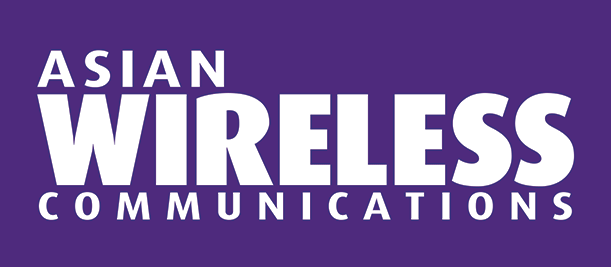07 October 2024

Digital Nasional Berhad (DNB), Ericsson and Malaysian autonomous vehicle solutions developer eMooVit Technology have staged a demo showcasing 5G use cases for an autonomous electric bus that’s being tested for a planned trial later this year.
The demo, held at eMooVit’s headquarters in Cyberjaya, was part of a proof-of-concept trial of 5G use cases such as in-vehicle public Wi-Fi backhauled by 5G, in-vehicle CCTV, real-time telemetry data monitoring and journey log collection.
According to DNB’s chief strategy officer Ahmad Zaki Zahid, once these use cases are commercialised, they will make autonomous bus rides safer and more reliable for passengers, as well as help improve cost efficiency for the bus operator.
“5G enables real-time, reliable connectivity for data processing, mapping, and integration with other systems, which play vital roles in shaping the future of transportation,” he said at the demo event. “5G also facilitates improved communication between vehicles and with infrastructure such as traffic signals, road signs, and centralized traffic management systems. Through 5G-enabled CCTV and real-time systems monitoring by the command centre, bus passengers can enjoy peace of mind, knowing that their safety is enhanced.”
Malaysia’s Transport Minister Anthony Loke Siew Fook said that 5G applications would boost implementation of autonomous public transportation in Malaysia, which the government hopes to commercialise once the necessary guidelines and legal frameworks are in place.
“The benefits of autonomous transport range from improved traffic flow to route optimisation, which leads to smoother traffic patterns, more efficient use of road infrastructure and reduced human error,” said Loke. “There is also the potential to be more energy-efficient and environmentally friendly, especially if electric vehicles are used as they reduce greenhouse gas emissions and air pollution in urban areas.”






